News
Liquor licensing: How sluggish application processing is crippling restaurants
Thursday, May 28th, 2015
It’s a phrase we’ve been hearing a lot lately at new restaurants: “We’re still waiting for our liquor licence, but you’re welcome to bring your own.”
Of course, there’s a necessary wait. The restaurant needs to be operational – with tables and chairs – in order for a fire inspector to sign it off before an application can be considered. Then there is a compulsory waiting period, when the application must be advertised, in order to give neighbouring residents an opportunity to offer objections.
But, of late, we’ve been hearing this phrase from owners of restaurants that have been open many months. So what’s the hold-up? And how is this delay in the difficult first few months of opening impacting restaurants?
The survivors
Chris Erasmus of Foliage in Franschhoek is one restaurateur who’s been affected. Despite getting a lawyer to apply on his behalf, there was a problem with the application – a fact that was only communicated months into the process. A temporary licence was issued, but after those were discontinued in December, Chris was forced to stop serving alcohol for three months. And as he wasn’t able to offer the service, he did not charge corkage.

Foliage. Photo courtesy of the restaurant.
“We barely survived!” says Chris.
For a restaurant in the culinary centre of Franschhoek, on the main drag, you might think a licence would be a foregone conclusion, but it’s clear that’s not the case. So what advice does Chris have for new restaurant owners?
“I would recommend that they do it themselves – so they can watch the process. There’s a lot of back and forth, and you have to be available every day to answer queries. If you skip a day, you can set back the whole process by a week.”
The key is also to be proactive about following up, and finding out where your application is in the process. “You really have to push it,” says Chris. He obtained numbers and email addresses for board members and contacted them repeatedly to remind them about his application.
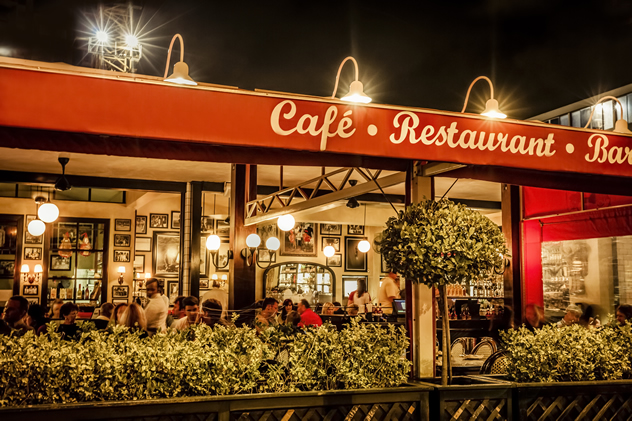
Remo’s Fratelli. Photo courtesy of the restaurant.
Despite it all, Chris tries to see the positives in the experience. “I learnt a lot from people bringing their own: I saw some beautiful new wines, and I saw what people like to drink.”
“I could write a book on this!” says Renzo Scribante, managing director of the Remo’s Fratelli group, when asked about the problems licensing has caused him. “At one of our establishments we waited two years to receive our licence. It makes it difficult to trade if liquor is part of your model.” Of course, suppliers won’t deliver to a business without a licence, so that’s another delay when the paperwork does come through.
Matt Schreuder has been waiting seven months for a licence for his Tableview restaurant, Homespun. “You get told when you apply that you’ll wait six to eight months. Once the application has been lodged, all you can do wait and pray that your business doesn’t go under before it has been processed,” says Matt. “I’m frustrated because its unnecessary that entrepreneurs are forced to struggle to realise their dreams.”
The provincial divide
Applications are run through the nine provincial liquor boards, so the waiting time can differ depending on where the restaurant is based. The Fratelli group has properties in Joburg and Durban; Renzo reports that the process does seem to run more smoothly in Gauteng than in KwaZulu-Natal. The restaurants we spoke to in Gauteng said they hadn’t had such huge problems, aside from public holidays in April slowing things down.
Moving locations
Moving a liquor licence, once received, is another problem. At Greedy Buddha in Durban, the owners waited an incredible two years to receive their initial liquor licence, during which time they found new premises in Umhlanga.
“We’ve had endless problems,” says front-of-house manager Andrea Da Silva. They now have a year’s worth of correspondence about moving the licence, so are able to trade with that as proof, but the wait – and lawyers fees – have been quite a costly experience for the owners.
It’s clear that in most instances, the process needs to be speeded up. But what can be done to reduce delays?
Have you had trouble applying for a liquor licence? Tell us about your experience and suggestions in the comments.




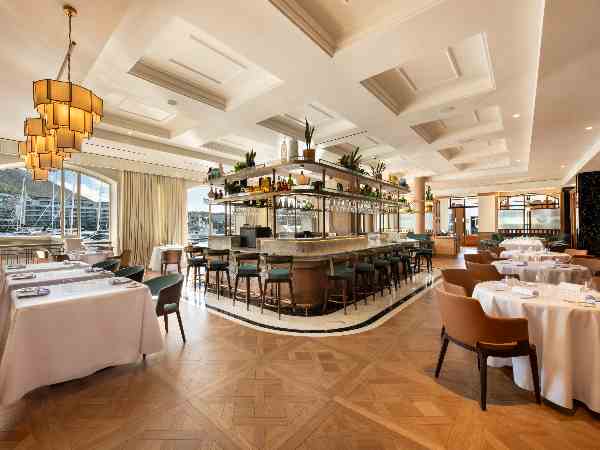
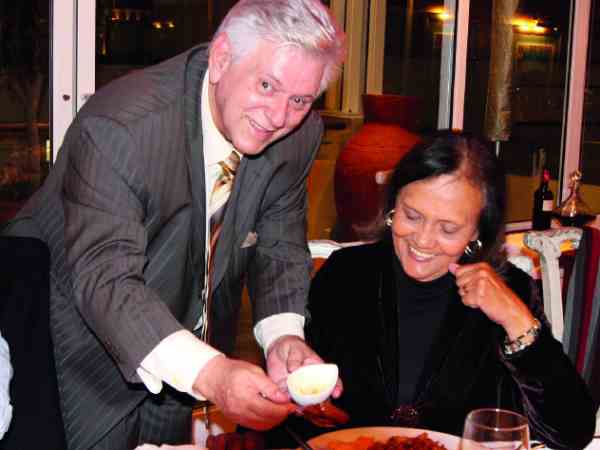
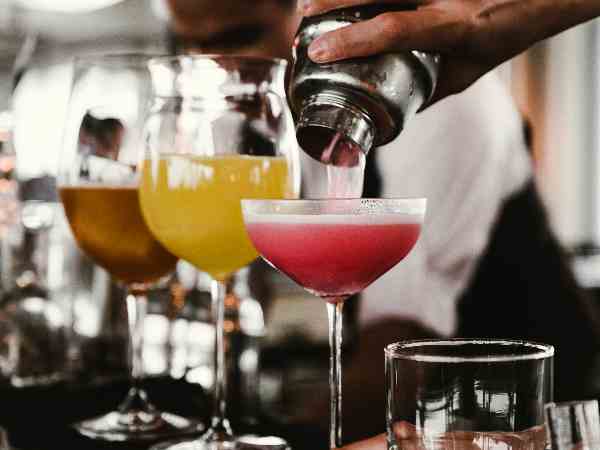

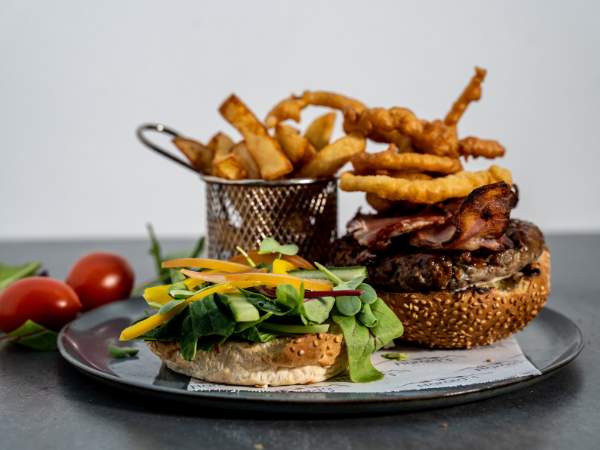




Been a nightmare. Applied in February 2014 and we are still waiting – we have used every avenue possible to speed things up and although it should be coming through shortly, it has been a struggle. We moved here from another country to KZN and if we had known, we would have definitely considered other options. Starting up your business with these extra, unnecessary obstacles in South Africa, can seriously hurt your chances of survival in this industry.
When a liquor Licence application is made a temporary Licence should be issued which could be withdrawn if at at the end of the process all criteria are not met
My biggest concern is when signing a new lease.
How on earth is one expected to fork out all that money when opening a new restaurant only to be told you cannot sell liquor until such time as you are granted a license! also what were to happen if for some reason you were not given the liquor license at all! what does the liquor board think? do they feel we have so much money to throw away? maybe some do but I speak for myself and I do not have that kind of money to play with, especially in these difficult times.
I applied for liquor license since 2013,on November I received a letter confirming that I should come and pay in order for my license to be issued,I was told to deposit R1500 at FNB and bring the deposit slip back at their offices which I did and was told that the remaining amount of R1.500 will be paid when they issue license certificate,I was also told I will get a call after a week to let me know when to come and collect it,I waited for the whole of December but nothing was heard from them,I decided to call them 2nd week of January to find out why hadn’t I heard anything from them and was told that all the licenses have been sent to the minister and that they were waiting for the minister’s signature,up to now still waiting
Good day Readers.
I am in the process of opening a 3 / 4 month pop up restuarant mostly seasonal times. how do i go about gettin a temporary license? I will also be moving around a lot as ita a pop up restuarant so it won’t be on the same location all the time.
one way when I’m established enough to afford a building I would obviously apply for a permanent liquor license.
I am aware of a food/ health certificate that I will also get as a temp a long with noise certificate etc my main concern right now is how do I go about getting a temp license for liquor.
Any suggestions or assistance please…..
Tx Jen
DOES A TEMPORALY LIQUOR LICENCE OPARATES IN KZN
Unfortunately we can’t help, Vusi. You’ll have to contact the licensing board: http://www.kznlqa.co.za/Pages/Home.aspx